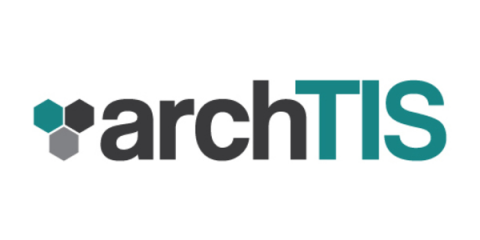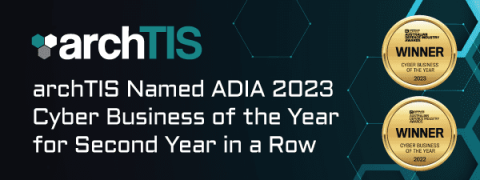Adding Multiple Watermarks to Protect IP in Microsoft Office Documents
Protecting intellectual property (IP) and trade secrets is critical to a company’s bottom line. Keeping IP and sensitive business-critical information within the confines of the company and its employees is not always possible, especially in the manufacturing industry. Vendors must often share previews of new products with retailers and distribution partners before release.



